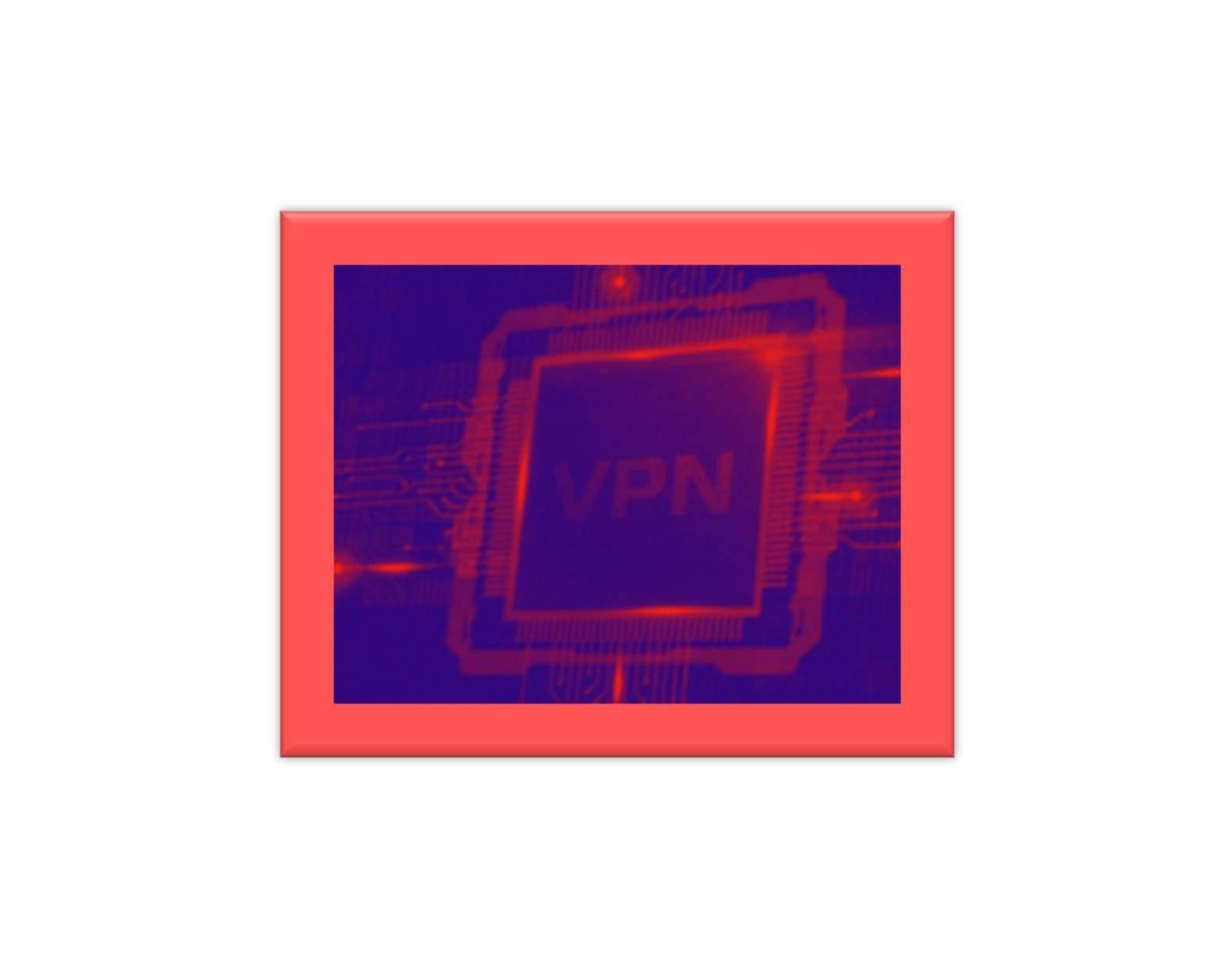DO I REALLY NEED A VPN?
Staying safe online and protecting yourself is important in today’s world, so a VPN is sometimes required to secure that critical connection. Using a VPN adds an extra layer of security for online activities, by re-routing the connection through an encryption process, thus building a wall between you and anyone watching you. Having this extra level of protection also helps when you are at a café, or using someone else’s Wi-Fi network while working on your laptop.
The reason a lot of people use a VPN is mainly to shield their activity from the ISP (Internet Service Provider). It is to stop the ISP company; for example: BT, SKY, PLUSNET etc, from being able to monitor and/or trace your activity on the internet. However, a VPN doesn’t stop every possible attempt… you may still need to use a web browser with a tracker blocker built in, Firefox or any others you find during your search but make sure it carries an EFF Privacy Badger. Most web browsers already come with a level of encryption as standard but a VPN is like the icing on the cake.
WBVR would strongly recommend using an antivirus software on your devices, enabling multiple layers of protection/authentication where possible. With regards to passwords, we would recommend writing them down on paper, with a pen as the safest option, as opposed to saving them on your computer or phone.
It is generally impossible to tell which networks are safe, especially without SSID (Service Set Identifier). These extremely intelligent scammers could set up an access point using a fake name, (like Mr Bigggs) in the hope that you are tricked into using their connection to access the internet. If you are unlucky enough to gain access to the internet using this unsecure connection, then they could execute an attack, which could leave you open to more attacks from other members of the hacking community. They can not only monitor your activity but they could also intercept some of it in real time.
THE HACKER COMMUNITY
These guys are special, and I do mean special. They could sit and guess their way through the process but if they are unable to achieve success, they can then switch to a process called Devils Access- whereby they can change the SSID of the network to match the SSID of your device - Access Granted! A dodgy access has the ability to switch SSID as many times as is required to track as many devices as possible. For example; - At a Conference in Berlin, the designated security vendor at the conference detected that the SSID had changed 1,047 times, in order to be able to track 36,000 devices that were local and trick them into connecting. When you read about these stories, the importance of having a VPN doesn’t feel so alien anymore, it somehow begins to feel like a necessity. This is because a VPN would shield you from every single person on that network, including the network manager… like being in a bubble.
CONCLUSION:
For the most part, our home networks are safe, the only issue is that: In certain countries ISP companies are allowed to sell your data to anyone or any organisation that might be interested, all of your information relating to your online activity can be sold, just like that.
Streaming Videos: Having a VPN could make video steaming take longer, it could negatively affect your download/Upload speed or even affect you having access to this material in the first instance. It could also interrupt services that rely on Wi-Fi connection like Google Chromecast.
The truth of the matter is that, having a VPN cannot and will not guarantee 100% safety online especially from a Grade A hacker; If an organisation with the funds in place and of heightened interest, wishes to know about you, they could correlate your online activity by hiring the services of a Grade A hacker to present a clear picture.
I sincerely hope, that with this piece of information, people would be in a position to decide as to weather or not they require a VPN.
Written By Patrick .A (Tech IOSH)
Thank you for reading.
